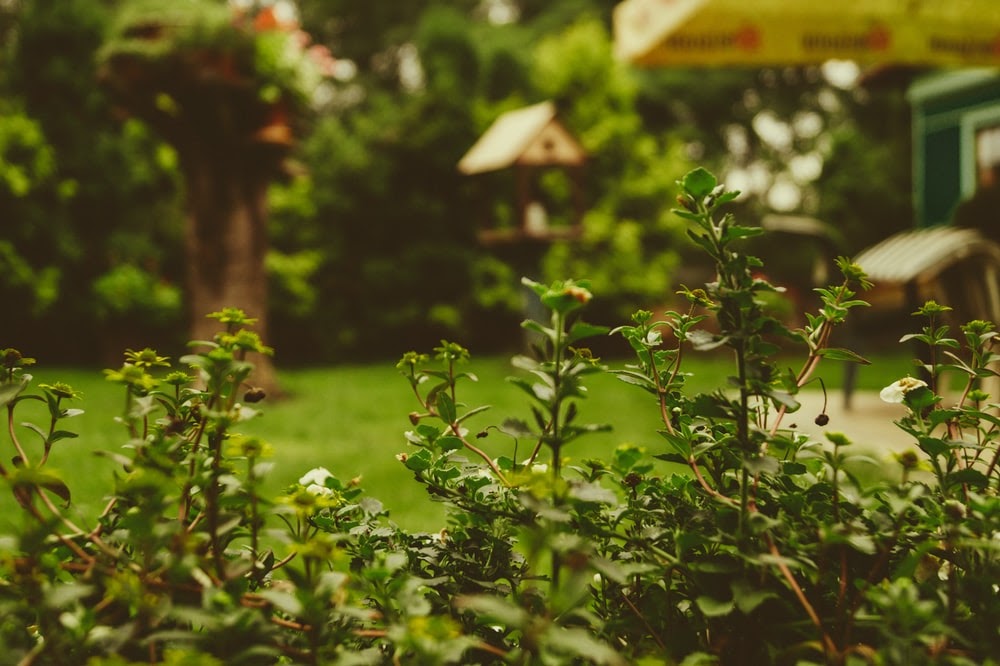
Avoid Plumbing Problems In Your Garden
Gardening is a passionate hobby and pastime of many. Home gardening bloomed during the recent lockdowns, according to Reuters. And now, more folk than ever are beginning to understand the joys of this pursuit.
Vegetable gardens were one particular area that took off during the pandemic as people looked for ways to occupy their time and become more self-sufficient. Others started to make plans for landscaping their gardens, and others simply planted some new flowers and enjoyed more time in their yard.
One area that most gardeners wouldn’t even consider is how they might affect their plumbing.
What problems are there with plumbing in the garden?
Everyone is aware that problems arise with plumbing from time to time. For most people, this will generally mean leaks and dripping taps. Perhaps a washer needs to be replaced, or a new faucet purchased.
If you are unlucky then you may experience broken pipes in winter, or issues with your water tank, and flooding. What you may not have thought about is that there are pipes underneath your garden, and problems can arise there too.
The problems that can occur in the garden are broken pipes, blocked drains and sewer lines, pests, and more. Fortunately, most garden plumbing problems are avoidable.
For a more detailed look into garden plumbing problems, and how to avoid them, keep reading below.
Signs to watch out for in the garden
There are some signs that you have a problem with some aspects of your plumbing. If you spot any of the following, then you may need to call in a plumber.
- Smells – bad odors can be a sign of drainage problems
- Cracks in the foundations – especially bad leaks over a long time can damage the home
- Pest infestations – many pests like damp areas, and these can be caused by leaks
- Mold – mold grows in damp environments which can be created by leaks
- Wet spots – puddles forming on the garden surface can indicate problems with septic tanks
Any of these signs can point to you having some form of outdoor plumbing problem, and you may need a professional. If your septic tank is failing, for instance, you will need to call someone certified in this field, such as The Original Plumber to assess and repair the problem.
Position trees and big plants carefully
One way to avoid plumbing problems is to understand where your pipes are. When it comes to planting trees, for instance, you need to think about possible problems with roots and pipes later on.
Also, you can easily damage pipework by digging and cracking the pipes. Landscaping can transform a garden, and increase the value of the property. However, some planning is needed to make sure you don’t damage your underground pipes.
You should understand the importance of garden design and the impact of water pipes on it. Going in without consideration for what lies under the ground could leave you with a costly plumbing bill.
Strange smells in the garden
There is one thing that can certainly ruin your time in the garden, and that is bad odors. All that time spent planting and nurturing your beautiful flowers and plants, only to end up with a smell of sewage in the backyard.
National Geographic reported on the problem of fatbergs blocking up sewers and drains around the world. These are build-ups of fat and non-biodegradable products being improperly disposed of down toilets and drains.
Blockages in drains and sewer lines can cause the waste to back up, and lead to unpleasant outdoor smells. Simply avoid this problem by disposing of slow and non-biodegradable materials properly.
Pests, mold, and cracks in lower walls and foundations
All of these can be caused by leaks. Mold on walls could be a sign of a leaking pipe inside the wall, or simply a leaky garden tap. Foundations showing cracks on outside walls are a big sign that you may have a plumbing problem on your hands.
Pests like damp areas, but they also like easy routes into your home from outside. If you start to see large amounts of pests then you may have some leaks in your plumbing pipes outdoors. A big sign that you have any form of a leak is if your utility bill rises without you using more water.
Summary
Following this simple guide to plumbing in your garden can help you to avoid problems. Avoid blockages by disposing of waste properly, watch out for signs of plumbing problems, and maintain your septic tank, if you have one.
There are areas of the garden that you can keep an eye on to catch problems early, such as garden taps, drains, sprinkler systems, and guttering too. Blockages in gutters can cause heavy overflow which can seep into the home.
Avoiding these issues means that you can sit back and enjoy your garden with no plumbing worries, and no bad smells either.a
